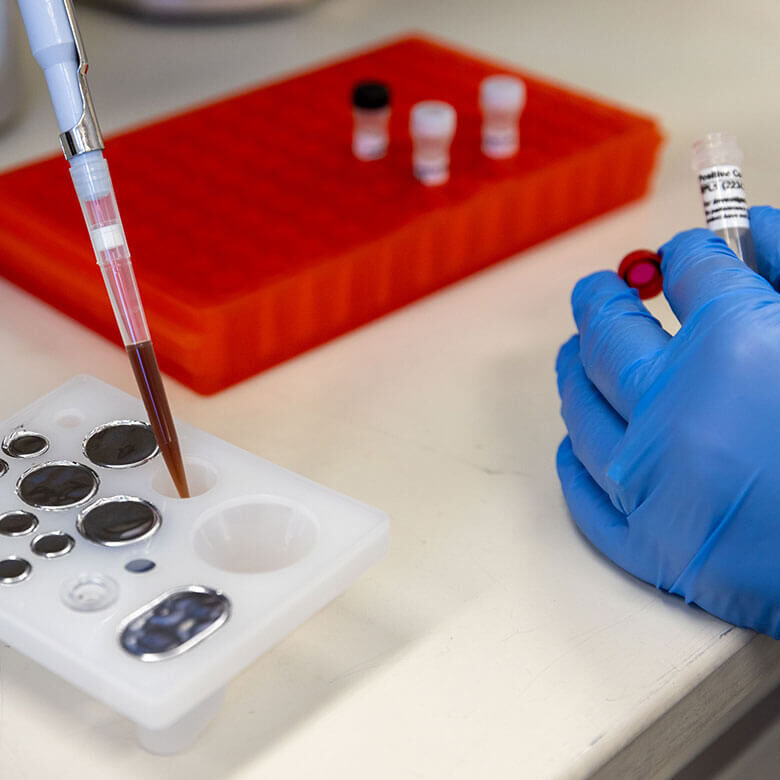Leveraging Syndromic Testing for Improved Patient Care
Topics Featured
In July, ThermoFisher Scientific published a series of expert interviews conducted by Clinical Laboratory News (CLN) highlighting the value of molecular testing (MDx) in patient care. Among these was one with Jennifer Dien Bard, Ph.D., Director of the Clinical Microbiology and Virology Laboratory at Children’s Hospital – Los Angeles, where she discussed the value of syndromic testing.
Here are some highlights from her interview:
Highlight #1: What is syndromic testing?
Syndromic testing is the process of using one test to simultaneously target multiple, probable pathogens that could cause the symptoms a patient presents with to quickly determine the specific microorganism.

Highlight #2: What should hospitals consider before implementing syndromic testing?
Syndromic testing can reduce the time to administer correct antimicrobial treatment – many syndromic tests can be completed in an hour or less. Further, accurate and rapid identification of pathogen and antimicrobial resistance (AR) genes quickly reduces the likelihood of incorrect and/or ineffective antibiotic use.
However, there are risks to consider. Because syndromic testing methods are higher cost than traditional, culture-based methods, overuse of syndromic testing can unnecessarily increase the cost of diagnosis. This can become a bigger issue if insurance companies refuse reimbursement. In most cases, effective laboratory stewardship can ensure that syndromic testing is used appropriately and covered by insurance.
How can laboratories ensure that their syndromic testing is accurate?

The most promising part of syndromic testing is the speed with which a diagnosis can be made, as most syndromic tests identify pathogens based on nucleic acid detection rather than the traditional phenotypic methods. But with speed comes complexity – and many steps means many places where things can go wrong. By using a full-process quality control material, labs performing syndromic testing can validate each step of their process to assure that their instrument is performing appropriately and providing accurate test results. MDx-Chex® for BCID2, MDx-Chex® for BC-GP and MDx-Chex® for BC-GN are the only molecular diagnostics controls on the market that can provide this comprehensive peace of mind to laboratories running syndromic tests.
Want to read all the expert interviews?
Download the ThermoFisher eBook: Expert Interviews – An Educational Primer on the Clinical Value of Molecular Testing here.


How can wastewater predict the future?


